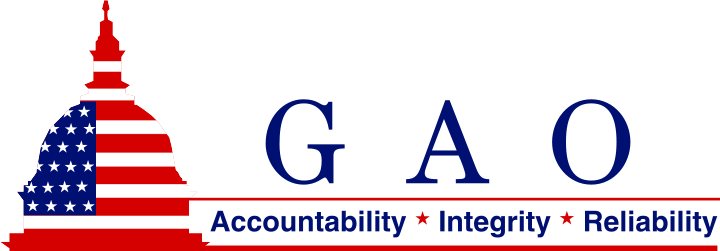The U.S. Government Accountability Office (GAO) just published a report that concludes that actions to mitigate risks to the U.S. domestic uranium supply change could be better planned and coordinated. Among other recommendations, the GAO suggests improving cost estimates to support funding requests for the proposed uranium reserve. This will improve the strategy to address concerns expressed by domestic uranium industry and support new uranium production.
In 2019, President Trump set up the Nuclear Fuel Working Group (NFWG) to explore national security concerns with respect to the whole nuclear fuel supply chain. The NFWG outlined a strategy that includes establishing a uranium reserve with the purchase of uranium from U.S. mines and from U.S. conversion services. The new GAO report is a response to the strategy presented earlier this year by the NFWG.
The report reviews identified risks to the uranium fuel supply chain and possible actions to mitigate those risks. The report also considers the extent to which the NFWG’s risk mitigation strategy includes “desirable characteristics of a national strategy”. One area of focus is an examination of the future supply of unobligated enriched uranium. This is uranium that is used to meet the U.S. National Security Administrations (NNSA’s) requirements for defense needs. This includes the production of tritium. Uranium used for these purposes must be unobligated. This means that it is free of peaceful use obligations that apply to uranium and certain technologies imported into the U.S. under international agreements. The NNSA relies on the U.S. nuclear supply chain for domestically mined and enriched unobligated material.
The GAO states that is cannot conclude that the U.S. Department of Energy (DoE) estimate of one hundred and fifty million dollars needed to establish the uranium reserve which is included in its 2021 budget is reasonable because it is not clear exactly how the funding needs of the uranium reserve were calculated. The GAO said, “By providing a more complete analysis to support future funding requests for the reserve, DOE could better provide assurance that such requests would achieve objectives.”
The NFWG strategy does not fully incorporate all the desirable characteristics identified by the GAO needed for a national strategy, according to the report. The GAO notes a failure to identify the level of resources needed to support proposed actions or an interagency coordinating mechanism. The report said, “By providing a more complete analysis to support future funding requests for the reserve, DOE could better provide assurance that such requests would achieve objectives.”
The GAO made three recommendations in its report. First, the U.S. Secretary of Energy should ensure that any future funding requests for the uranium reserve are based on cost estimates that have be thoroughly reviewed and deemed reasonable. Second, the NNSA should ensure that its "analysis of alternatives" for a capability to meet future unobligated enriched uranium needs is “unbiased toward any solution.” Third, the Secretary of Energy should ensure that the implementation plan addresses the “desirable characteristics” for a national strategy.
